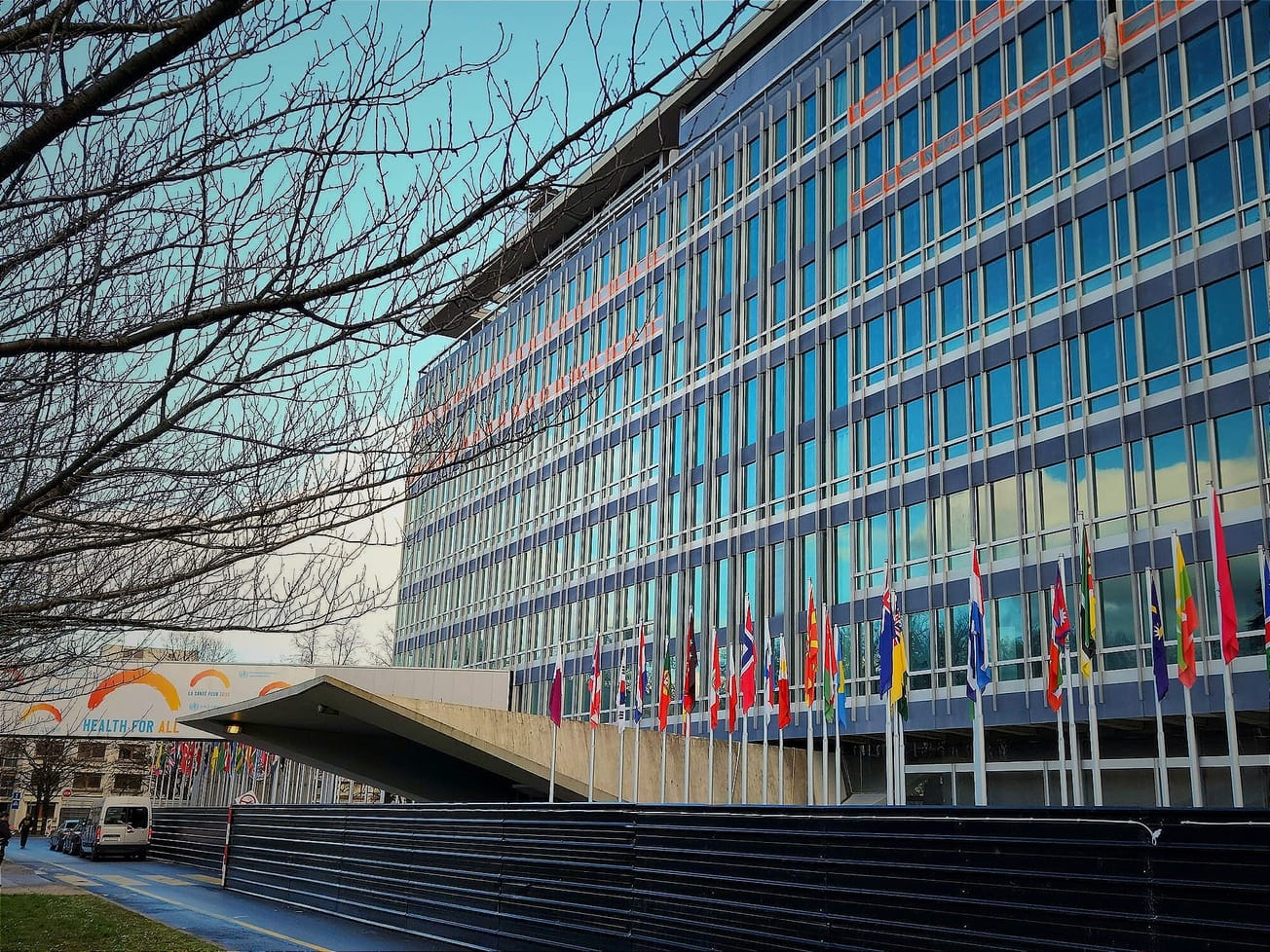Just 25 nations, or 12% of the world, have comprehensive measures to protect women against the pandemic's social and economic impacts, according to two U.N. agencies' new data tracker released on Monday.
The new monitoring system, dubbed the COVID-19 Global Gender Response Tracker by U.N. Women and the United Nations Development Program, or UNDP, is an attempt to measure how much governments rely on gender-based considerations in fighting the coronavirus.
It examines 2,500 factors in the agencies' three main policy focus areas: tackling violence against women and girls; supporting unpaid care; and bolstering women’s economic security.
Among more than 200 nations and territories examined, 42 countries, or about one-fifth, had no gender-sensitive measures in response to COVID-19 at all, the agencies said in a statement.
Just 25 countries had measures for all three of the main policy focus areas, such as government programs that offer provisional shelters, child care services and sick leave for women.
“It’s clear that the COVID-19 pandemic is hitting women hard — as victims of domestic violence locked down with their abusers, as unpaid caregivers in families and communities, and as workers in jobs that lack social protection," said Phumzile Mlambo-Ngcuka, executive director of U.N. Women.
UNDP Administrator Achim Steiner said the COVID-19 crisis offers countries an opportunity "to transform existing economic models towards a renewed social contract that prioritizes social justice and gender equality."
Regional differences
Governments with gender-based policies towards the pandemic mainly focus on preventing violence against women and girls, as families spend more time together and indoors. Just 10% of measures by 85 governments try to help women attain more economic security.
Europe has the broadest measures on violence and unpaid care. Bosnia and Herzegovina created a plan to help organizations run women's shelters, while Sweden helped provide money for women to escape violence. Austria and Italy granted extra family leave to affected parents.
In Latin America, Colombia helped provide money for women to escape violence, while Argentina increased parents' monthly child allowance. Costa Rica granted extra family leave.
The U.N. agencies said the findings suggest "gender-sensitive measures" will only be effective if governments back them with adequate financing.
They said measures to fight violence against women and girls must be essential services, and governments must support women’s active participation in leadership and decision-making.








